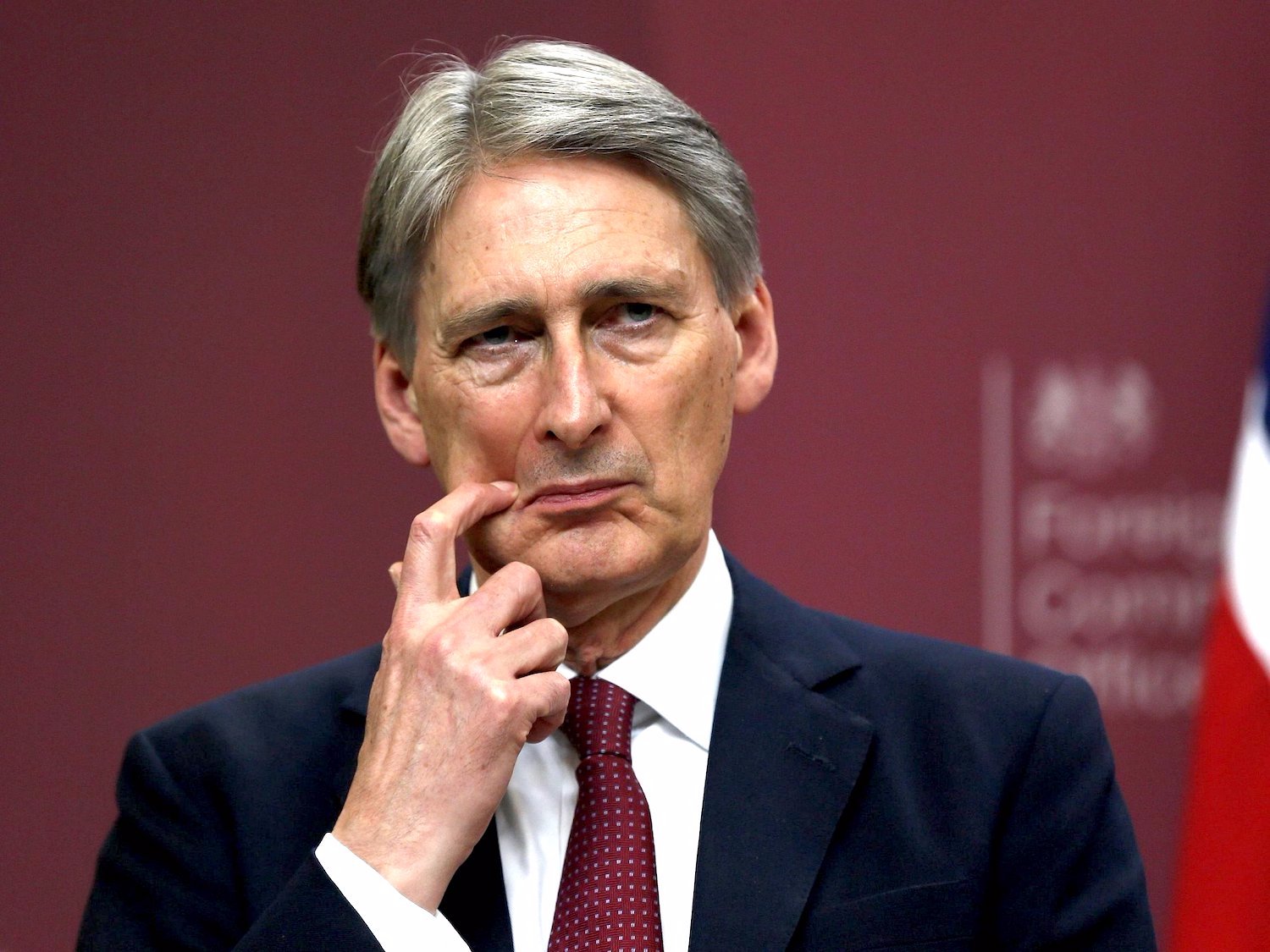
The mere delay of a Brexit deal will cost the UK economy £65 billion ($81 billion) in cancelled, delayed, or lost investment, according to Barclays analysts Fabrice Montagne and Andrzej Szczepaniak.
“We believe that the difficulty in properly assessing the ramifications of Brexit, as well as the sheer length of the process, mean that downsides risks will only materialise gradually over time and lead to growth being lower for longer, rather than a crash and rebound,” the pair advised clients recently.
You can already see the post-Brexit flight of capital in the real world:
- Lloyds of London will move 50 of its 821 jobs to Europe in order to make sure it can continue to hold the EU financial passport.
- The Rivington biscuits company — which makes Pink Panther wafers — went bankrupt with the loss of 100 jobs. The company’s administrator cited “the sharp decline in the value of the pound against the euro” following the EU referendum in June. Spiralling costs were too much for the firm.
- And the Japanese banks held a meeting with chancellor Philip Hammond in which they told him they might move up to 5,000 jobs to the EU if Britain couldn’t find a way to retain its EU credentials. “It’s fairly binary for them: they either have access to their markets or they don’t have access,” Hammond said.
To hear the Leavers tell it, Britain is about to embark on a glorious future of worldwide free trade. The EU will be forced to deal with us because we’ll just be so great at everything once our EU shackles are off. The rest of the world just can’t resist: That’s why sales of British gin have now gone over £1 billion annually. That’s why Nissan — which exports 55% of the cars it makes in Sunderland to Europe — is staying in the UK.
But companies aren’t romantics. They don’t dream of a plucky island nation showing the Brusselcrats what destiny looks like.
All over Britain right now there are manufacturing firms looking at their margins shrinking as sterling declines, just like Rivington. There are banks wondering if it is worth staying in a country that won’t be able to clear euro-currency trades. Why stick around to find out whether Hammond can get a deal done for the City? Move to Berlin right now and at least you know for sure that your passporting access to trillions in euro derivative trades, by Reuters’ estimate, won’t be interrupted.
Hammond was being refreshingly honest there when he said it was a “binary” decision: “If they have full access to the markets from London they can continue operating as now. If they don’t, they will have to restructure the way their operations address the European market,” he said.
This is more than anecdotal.
UK investment collapsed by £15 billion between July and September, according to the ONS. It is only the fifth time there has been a quarterly decline in UK investment since 1987:
 ONS
ONS
Bear in mind, this is what’s happening now — before Brexit has actually happened.
We haven’t even got to the real thing yet.
That’s just on the investment side. There are the labour productivity effects, too. Lack of workers from Europe is going to hurt our ability to support British retirees and the NHS. Here’s what Barclays says about that:
- One important change going forward is the slowdown in labour supply.
- Immigration has likely peaked in recent years, and Brexit, if anything, might amplify that slowdown.
- An aging population will increasingly weigh on working population growth. So far, aging has been less of an issue in the UK as in some peer countries due to healthier demographics, but aging of the population is already subtracting from labour supply.
This is the future reality of Brexit. Less investment. Fewer companies. And fewer workers for fewer jobs.
We haven’t felt the full force of the referendum decision yet. But be sure, as we have said before, it is on its way.













